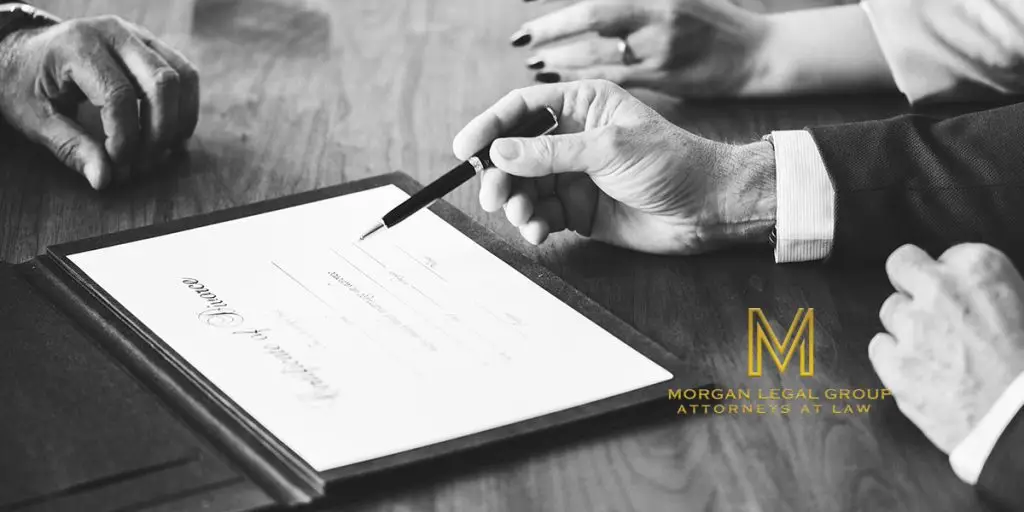Introduction to Probate Proceedings
Probate is the legal process through which a deceased person’s estate is administered and their assets are distributed. In New York City, probate proceedings can be categorized into two main types: formal and informal. Each of these processes has its own set of rules, requirements, and advantages. Let’s explore the key differences between formal and informal probate proceedings.
Formal Probate Proceedings
As the name suggests, formal probate proceedings are a more structured and court-supervised process for settling an estate. Here are the main characteristics of formal probate:
1. Court Involvement
In formal probate, the court plays a significant role in overseeing the entire process. The court ensures that all legal requirements are met and resolves any disputes that may arise during the probate process.
2. Required Notice
Formal probate typically requires formal notice to all interested parties, including beneficiaries, heirs, and creditors. This notice informs them of the probate proceedings and allows them to raise objections.
3. Lengthy Process
Formal probate proceedings can be more time-consuming than informal proceedings. Due to court involvement and required notices, the process may take several months or even longer to complete.
4. Litigation Potential
Since formal probate involves court oversight and formal notices, it provides a forum for interested parties to contest the will or raise objections. This can lead to litigation, which can further extend the process.
5. Attorney Representation
It is highly recommended to have legal representation in formal probate proceedings. Attorneys can navigate the complex legal requirements, represent your interests, and guide you through any disputes.
Informal Probate Proceedings
Informal probate, on the other hand, offers a more streamlined and simplified process for settling an estate. Here are the key features of informal probate:
1. Limited Court Involvement
Informal probate requires minimal court intervention. The court’s role is primarily to confirm the will’s validity and the executor’s appointment.
2. Less Formal Notice
Informal probate generally requires less formal notice. While interested parties still need to be informed, the process may involve sending notices by mail rather than formal publication.
3. Quicker Process
Compared to formal probate, informal probate tends to be faster. With fewer court hearings and formalities, estates can often be settled more efficiently.
4. Reduced Litigation Risk
Informal probate proceedings are less likely to lead to litigation. The simplified process and reduced court involvement often result in fewer disputes.
5. Self-Representation
While seeking legal counsel is still advisable, some individuals navigate informal probate without an attorney, especially for straightforward cases.
Choosing Between Formal and Informal Probate
When deciding between formal and informal probate, consider the complexity of the estate, the potential for disputes, and the need for court supervision. Factors such as the validity of the will, the nature of the assets, and the preferences of interested parties should also be taken into account.
Formal Probate May Be Preferred When:
- The will’s validity is contested.
- There are complex legal issues or disputes among beneficiaries.
- There is concern about the executor’s actions or potential conflicts of interest.
- Court supervision is necessary to protect the estate’s assets.
Informal Probate May Be Preferred When:
- The estate is relatively simple with few assets and beneficiaries.
- Interested parties are in agreement and do not anticipate disputes.
- Efficiency and a faster settlement are a priority.
- The will’s validity is not contested.
Conclusion
Both formal and informal probate proceedings serve the purpose of settling estates and distributing assets. The choice between them depends on the specific circumstances of the estate and the preferences of the parties involved. Consulting with an experienced probate attorney in New York City can help you determine the most suitable approach for your situation.









